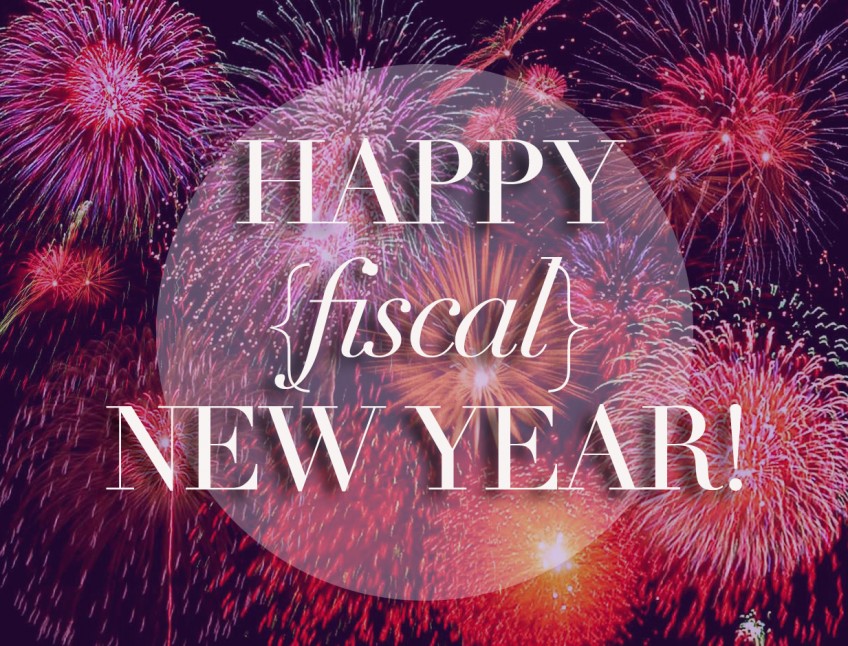New Fiscal Year Resolutions for Washington, D.C.
As Washington, D.C. starts a new fiscal year, policymakers should look to the states for innovative budget reforms. States are taking the lead in reforming budgets and ensuring taxpayer dollars are spent wisely, while maintaining the core functions of government. The American Legislative Exchange Council outlines these reform ideas in the State Budget Reform Toolkit, which contains over 20 different solutions for addressing budget problems without resorting to economically damaging tax hikes. Below are three policy solutions Washington should consider adopting as New Fiscal Year Resolutions:
New Fiscal Year Resolution Number 1: Budget for Outcomes
Budgeting for outcomes allows communities and policymakers to collaboratively evaluate programs by focusing on the key functions of government. Policymakers can then rank programs according to how effectively they deliver results. This ensures important services will always be funded before less critical ones. Furthermore, programs that fail to deliver results can be enhanced, reformed or eliminated.
Washington, Iowa, South Carolina and Michigan are just a few examples of states that have used this model. In fact, Washington State used the budgeting for outcomes model to close a budget deficit of $2.4 billion without raising taxes. Budgeting for outcomes is kitchen table budgeting. Washington, D.C. should be able to do what families and states do every year.
New Fiscal Year Resolution Number 2: Take a 72 Hour Budget Timeout
The budget is a complex document; often it spans hundreds or thousands of pages long. Despite this fact, congressional leaders often rush it, giving taxpayers and policymakers little time to review the document before it comes up for a vote. Congress should at least respect hardworking taxpayers enough to afford them and policymakers an opportunity to review the budget before demanding a vote.
The Task Force on Tax and Fiscal Policy’s 72 Hour Budget Review policy requires a three-day waiting period when once a tax or spending bill is introduced, amended, or before legislative votes or hearings occur. Additionally, lawmakers must post each bill online for the public to review. Under this policy, amendments will not be considered unless they are made publicly available at least 24 hours before votes, with an exemption for emergency legislation. The public would gain increased trust, confidence and peace of mind in the ability to review the budget in detail, which in turn would enable lawmakers to make the best, most informed decisions for their constituents.
New Fiscal Year Resolution Number 3: Maximize Government Efficiency
Once created, government agencies and programs are rarely reviewed to see if they are meeting goals or can be more efficient. In fact, President Reagan once remarked, “a government bureau is the closest thing we will see to eternal life on this earth.” A sunset review commission provides opportunities for policymakers and citizens alike to increase efficiency and ensure best practices are being followed by government agencies.
The Task Force on Tax and Fiscal Policy’s Legislative Budget Audit Commission Act policy is an independent commission focusing on eliminating waste, fraud, duplication, and abuse. Members of the commission must make recommendations that will streamline government services, eliminate waste and save taxpayer dollars. The Texas Sunset Advisory Commission is a great example. Between 1982 and 2009, the commission reviewed each state agency to identify inefficiency, and saved taxpayers an estimated $783.7 million as a result.
As the federal government starts a new fiscal year, federal policymakers have a great opportunity to learn from the states on budget reform ideas. Budgeting for outcomes, implementing a budget timeout and maximizing government efficiency are all positive steps towards an innovative, citizen-focused government. Many states have already implemented positive changes for their citizens; it is time the federal government does the same.

